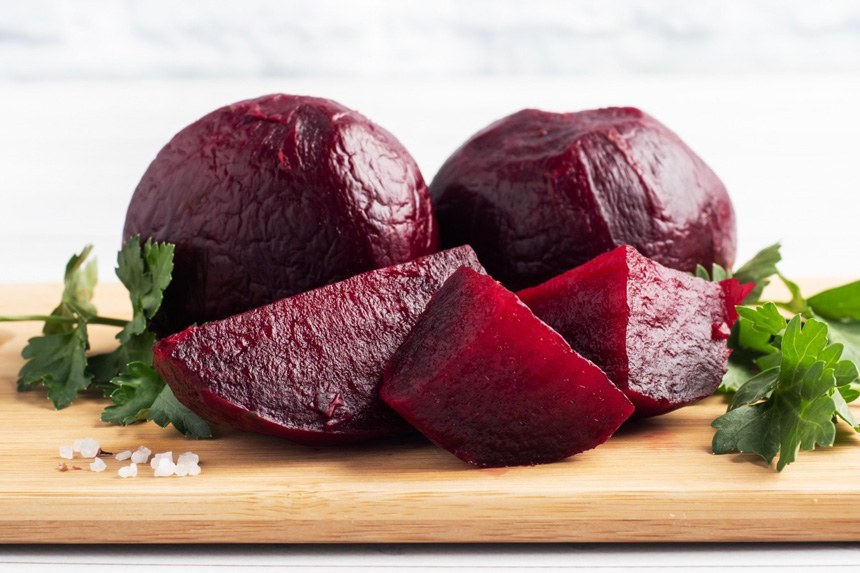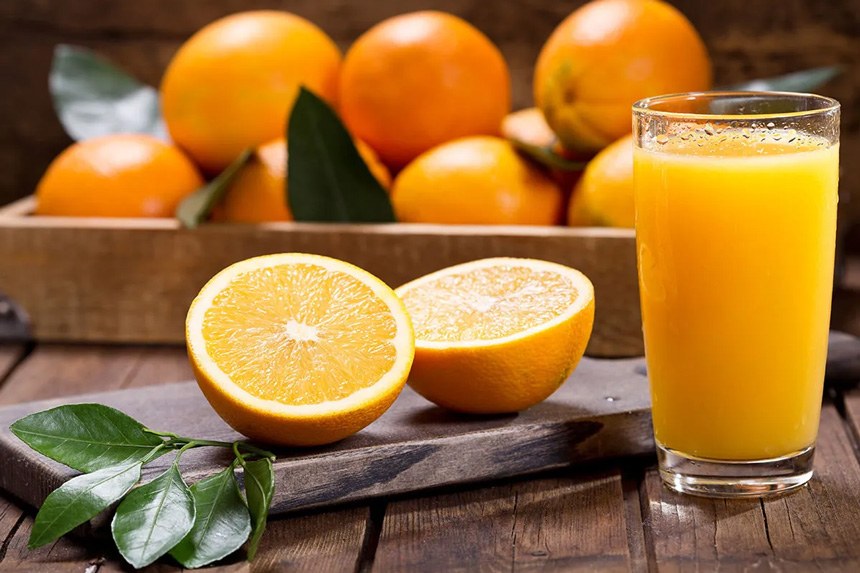Beets

Beets come in various vibrant colors, including deep red, purple, and white, and are naturally sweet. They contain approximately 259 mg of potassium per half-cup (85 grams) serving, along with folate and manganese. Moreover, the pigment responsible for their intense hue is an antioxidant, combating oxidative damage and inflammation.
High in nitrates, beets may enhance blood vessel function, lower blood pressure, and improve exercise performance. Their potassium content contributes to better blood vessel function and reduced risk of heart disease. Incorporating beets into the diet can offer a flavorful and nutrient-rich addition to meals. [3]
Oranges and Orange Juice

Besides being renowned for their vitamin C content, oranges are also excellent sources of potassium. A single cup (248 grams) of orange juice contains approximately 496 mg of potassium, along with folate, vitamin A, and thiamine. Regular consumption of orange juice has been associated with improved vitamin and mineral intake and adherence to a healthier diet.
Moreover, the antioxidants in oranges and their juice may enhance the body’s ability to combat free radicals, inflammation, and heart disease. While orange juice provides essential nutrients, it is higher in sugar and lacks fiber than whole oranges, making whole fruit consumption preferable. [4]





